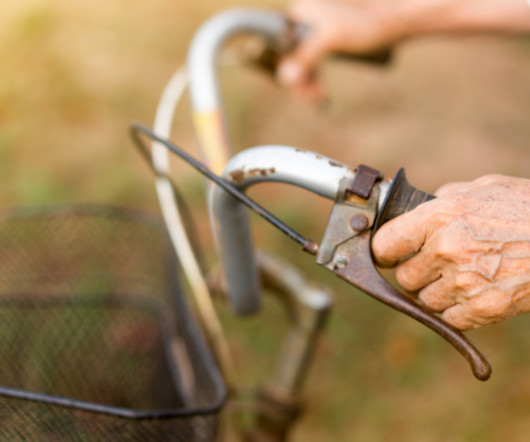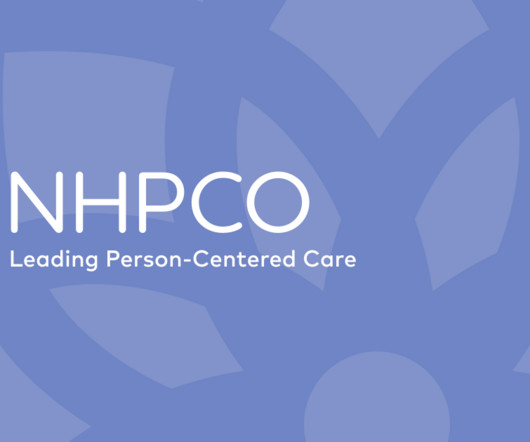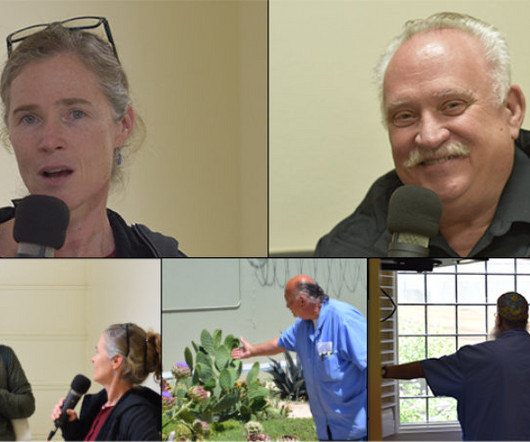Deathwives Founders: Death Doulas Fill End-of-Life Care Gaps, Ease Strain on Hospice Staff
Hospice News
JULY 22, 2022
Many come striving for change after witnessing loved ones receive poor end-of-life care or enduring bereavement without support. A death doula is a non-medical provider trained to care for a terminally ill person and their family physically, emotionally and spiritually during the process of death.













Let's personalize your content